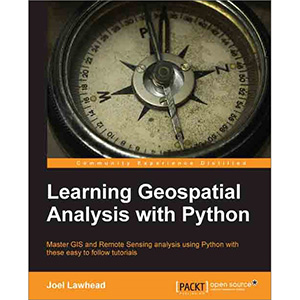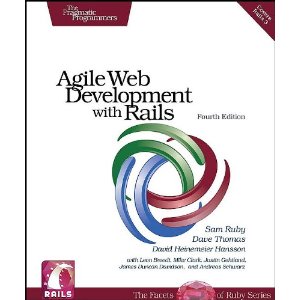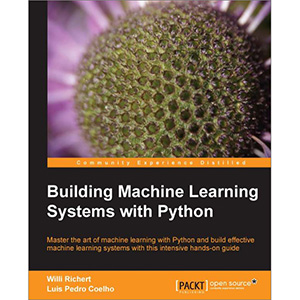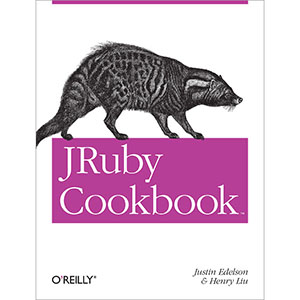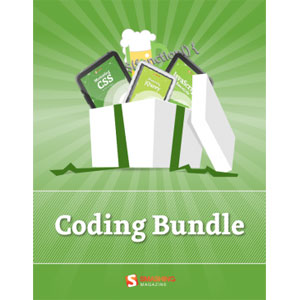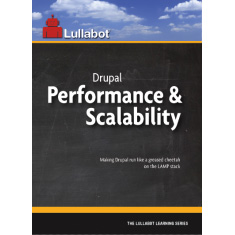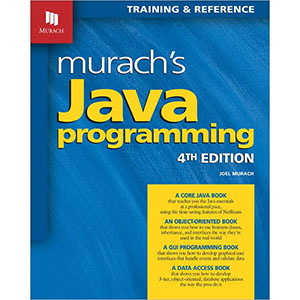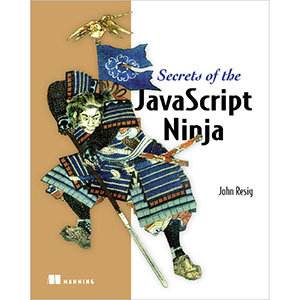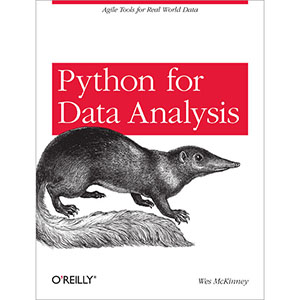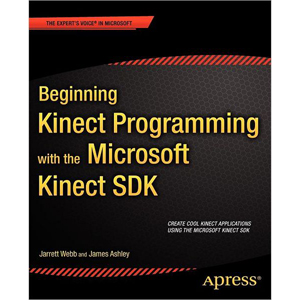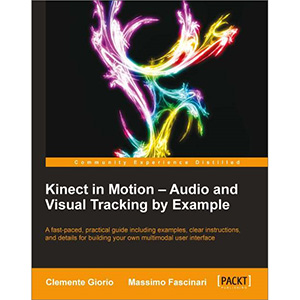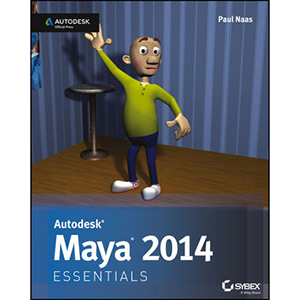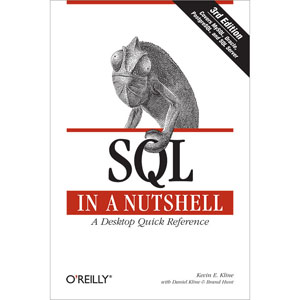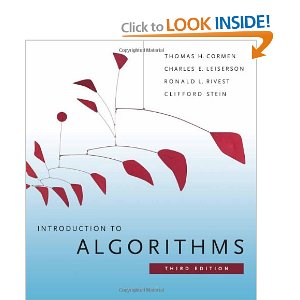Practical Programming, 2nd Edition
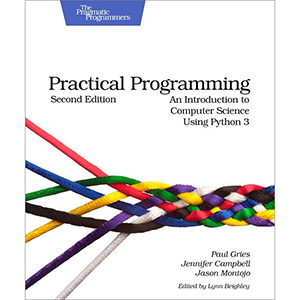
You don’t need any programming experience to get started. First, you’ll get a detailed introduction to Python and to programming. You’ll find out exactly what happens when your programs are executed. Through real-world examples, you’ll learn how to work with numbers, text, big data sets, and files. Then you’ll see how to create and use your own data types.
The incremental examples show you the steps and missteps that happen while developing programs, so you know what to expect when you tackle a problem on your own. Inspired by “How to Design Programs” (HtDP), you’ll learn a six-step recipe for designing functions, which helps you as you start to learn the concepts—and becomes an integral part of writing programs by the end.
As you learn to use the fundamental programming tools in the first half of the book, you’ll see how to document and organize your code so that you and other programmers can more easily read and understand it. Beyond the basics, you’ll learn how to ensure that your programs are reliable, and how to work with databases, download data from the web automatically, and build user interfaces. Most importantly, you’ll learn how to think like a professional programmer.
What you need
You’ll need to download Python 3, available from python.org. With that download comes IDLE, the editor we use for writing and running Python programs. (If you use Linux, you may need to install Python 3 and IDLE separately.)
Review
“I wish I could go back in time and give this book to my 10-year-old self when I first learned programming! It’s so much more engaging, practical, and accessible than the dry introductory programming books that I tried (and often failed) to comprehend as a kid. I love the authors’ hands-on approach of mixing explanations with code snippets that students can type into the Python prompt.”
– Philip Guo, Creator of Online Python Tutor and Assistant Professor, Department of Computer Science, University of Rochester
“Practical Programming delivers just what it promises: a clear, readable, usable introduction to programming for beginners. This isn’t just a guide to hacking together programs. The book provides foundations to lifelong programming skills: a crisp, consistent, and visual model of memory and execution and a design recipe that will help readers produce quality software.”
– Steven Wolfman Senior Instructor, Department of Computer Science, University of British Columbia
“The second edition of this excellent text reflects the authors’ many years of experience teaching Python to beginning students. Topics are presented so that each leads naturally to the next, and common novice errors and misconceptions are explicitly addressed. The exercises at the end of each chapter invite interested students to explore computer science and programming language topics.”
– Kathleen Freeman, Director of Undergraduate Studies, Department of Computer and Information Science, University of Oregon
Table of Contents
Chapter 1. What’s Programming?
Chapter 2. Hello, Python
Chapter 3. Designing and Using Functions
Chapter 4. Working with Text
Chapter 5. Making Choices
Chapter 6. A Modular Approach to Program Organization
Chapter 7. Using Methods
Chapter 8. Storing Collections of Data Using Lists
Chapter 9. Repeating Code Using Loops
Chapter 10. Reading and Writing Files
Chapter 11. Storing Data Using Other Collection Types
Chapter 12. Designing Algorithms
Chapter 13. Searching and Sorting
Chapter 14. Object-Oriented Programming
Chapter 15. Testing and Debugging
Chapter 16. Creating Graphical User Interfaces
Chapter 17. Databases
Book Details
- Series: Pragmatic Programmers
- Paperback: 350 pages
- Publisher: Pragmatic Bookshelf; 2nd Edition (September 2013)
- Language: English
- ISBN-10: 1937785459
- ISBN-13: 978-1937785451

